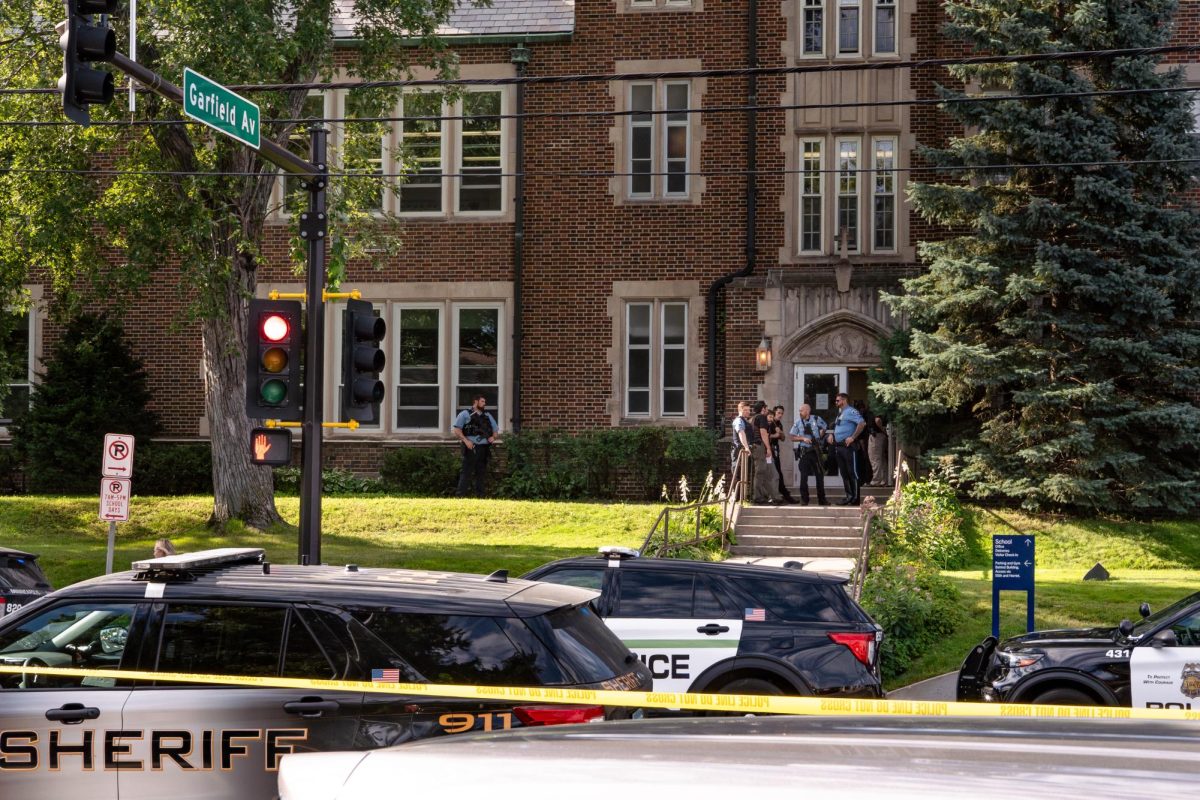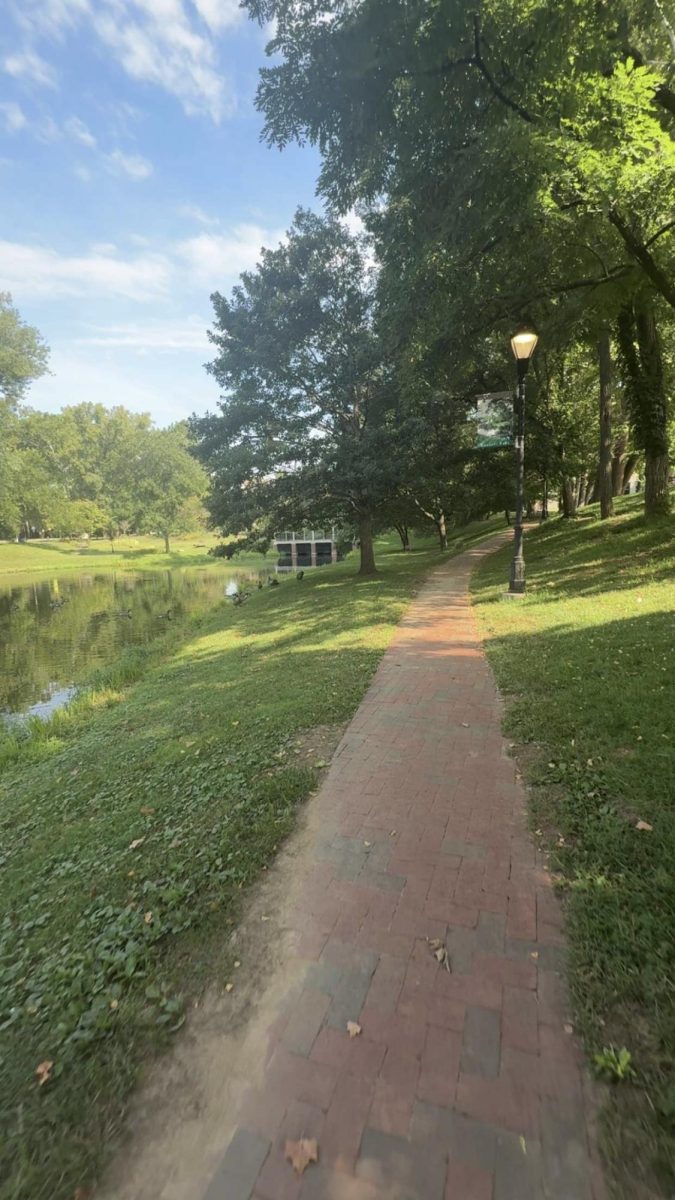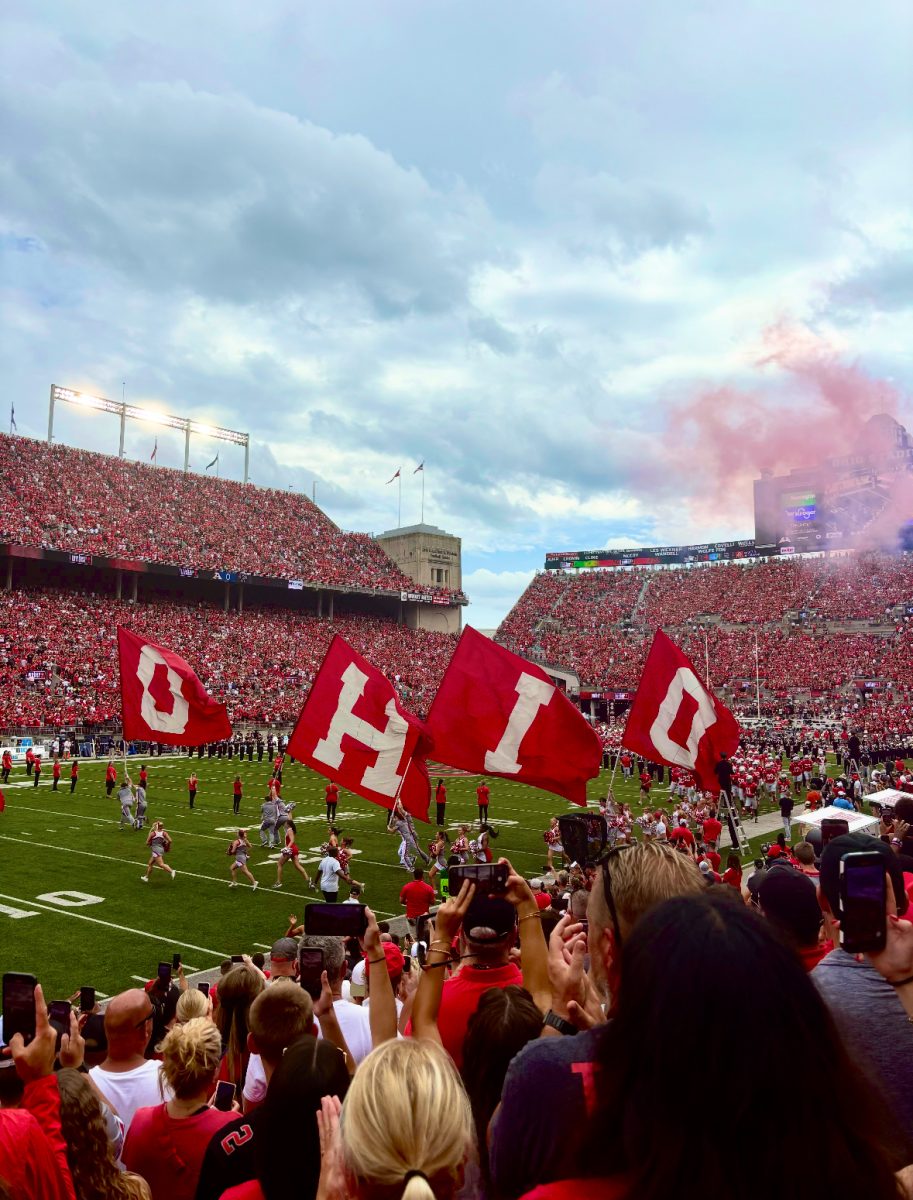With application season underway for the Class of 2026, curating the perfect list of schools can be challenging. After visiting several colleges over the past few months, I’ve pulled together some pros and cons of each.
University of Cincinnati
The University of Cincinnati, located in the city’s suburbs, is separated into two regions: main campus and medical campus. The medical campus is surrounded by countless hospitals and is known for its prestigious level of patient care.
The main campus has an elegant feel and has unique architecture that can only be found on this campus. Nippert Stadium is the focal point of the entire campus; its unique structure is embedded in the campus and surrounded by dining halls and academic buildings.
A highlight from the information session was UC’s co-op program. This program focuses on real-world experience in a desired field as opposed to lecture-based learning. It’s ranked #1 among public universities in the nation for co-op programs according to U.S News and World Report.
The suite-style dorms are modern and feel relatively spacious due to their high ceilings and large windows that bring in natural light.
Lastly, the dining options for freshmen are immaculate. With countless coffee shops and quick service restaurants, there is just about something for everyone. Their meal plan is also flexible, allowing students to re-enter dining halls every 15 minutes rather than relying on a set number of swipes.
Denison University
Located in the small town of Grainville, this campus vastly differs from any I have seen before. The entire campus is centered around “The Hill,” and has the perfect blend of historic and modern facilities.
Upon entering Grainville, I noticed the resemblance it has to Hudson. Its main street was lined with book stores and locally owned bakeries and coffee shops. It was also encompassed by historic homes that appear to reflect the ones found here in Hudson.
Despite Denison’s small size, there was no lack in student resources. Situated in the heart of campus is Hoaglin Wellness Center. This center offers students easy access to physicians and free counseling services.

The academic buildings weren’t anything spectacular, but rather seemed dull and outdated. On the other hand, the dormitories were definitely on the more spacious end. Denison does require all students to remain in on-campus housing for all four years of their undergraduate journey, and they provide suite style dorms for upperclassmen.
The school is definitely on the smaller side, with an outstanding 9:1 student-faculty ratio, which allows for better relationships between students and faculty. The school is also known for their co-op programs, coming in #5 nationally.
If you are seeking a campus that feels like you never even left Hudson, Denison is the one for you.
University of Pittsburgh
This campus is the perfect blend between your typical college campus and integration into city life. Similar to UC and Denison, the campus is situated on a hill. Located in the neighborhood of Oakland, the campus has easy access to the heart of Pittsburgh and even offers free bus services to all students.
The centerpiece of the campus is the Cathedral of Learning, a 42-story skyscraper that serves as one of the main academic buildings. The gothic-style building evokes a Harry Potter-like atmosphere. The most unique feature of the building is its 31 Nationality rooms that showcase the culture of various countries. These rooms are open to all students to explore.

The dining options on campus were nothing extraordinary and rather just your typical dining halls and fast food. However, the dorms were quite underwhelming. The freshman dormitories are extremely small and have little wiggle room. The communal bathrooms are also absurdly small compared to your typical dormitory bathrooms.
During the tour, my tour guide emphasized how prestigious the school’s medical programs are. The school of medicine is known for its surplus of resources and 20 renowned hospitals.
Overall, Pitt offers the experience of living in a vibrant city while maintaining the security of a campus community.



























